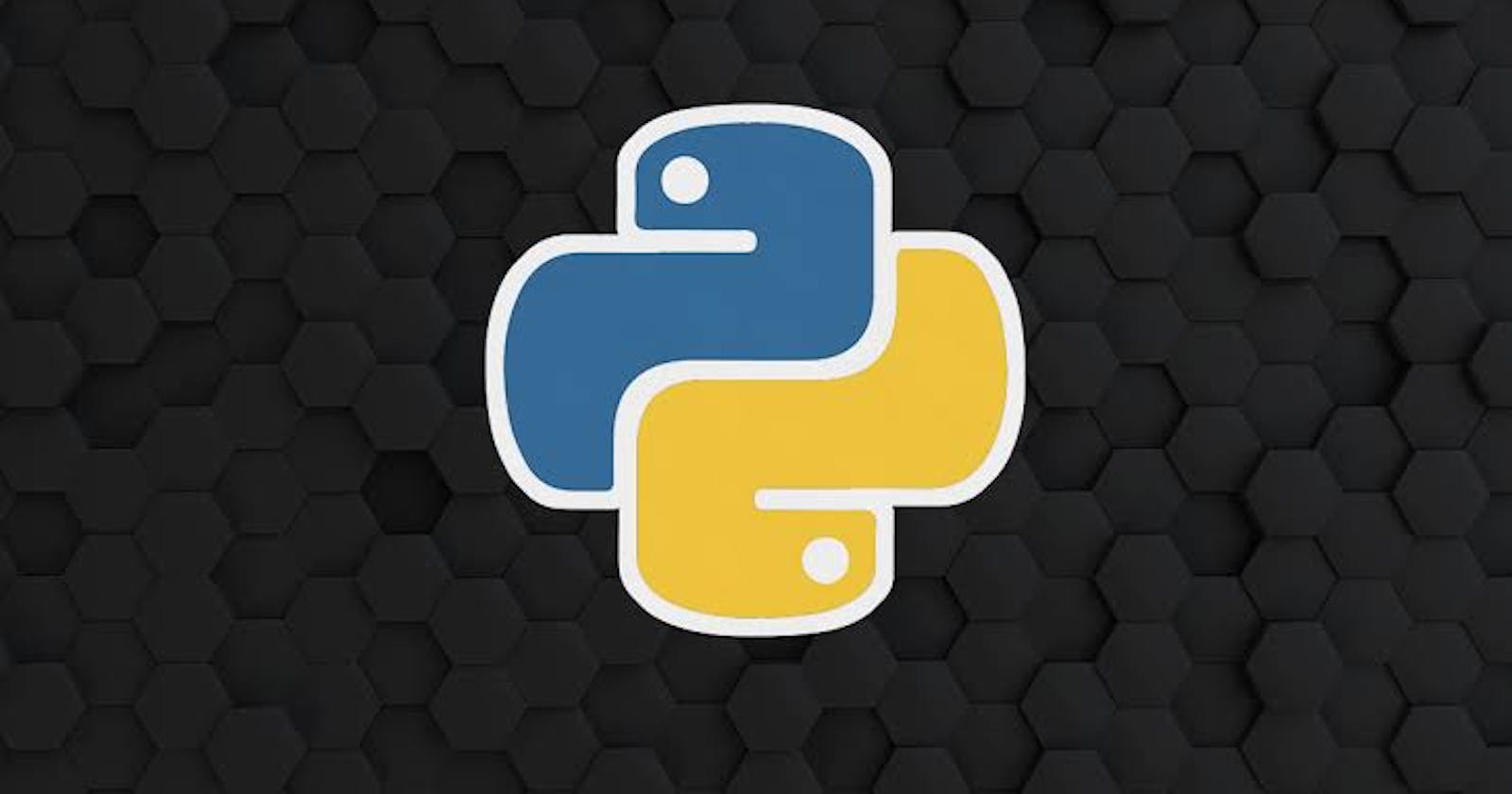Great question! Now before I answer that I'd love you to see the different fields in which python can be applied.
Different fields that use python
- Machine learning and Artificial intelligence
- Web development
- API development
- DevOps
- Software designing
- Data science
- Robotics
- Automated testing
- Game development
- etc...
Having said these, we'll also need to consider something else
How python compares to other languages
If you're coming from a different programming language, then python would be a breeze for you. It's said that python has a very beginner friendly syntax and it's almost like "psuedocode that runs". That's how easy it is to learn python. Furthermore, since python supports the core concepts of programming like data structures and algorithms, you'll migrate with ease.
Concepts you'll need to cover in python
- Variables
- Datatypes
- Conditionals (
if/else) - Loops (
forandwhileloops) - Functions (including generator functions and decorator functions)
- classes
- File I/O
- Error handling
If you're a total beginner to programming, then you can learn python under six months.
How can you learn and how can you learn faster?
- Use online tutorial, I recommend using codecademy, they have a very interactive learning environment.
- Use books written to guide you. I recommend python crash course by Eric Matthes.
- Practice makes perfect. 20% of what you'll learn would come from resources and from third parties. The remaining 80% comes from what you'll learn from practicing. Never underestimate the power of practice.
- Build side projects. This is a great thing to do if you want to get proficient at any programming language. A side project doesn't necessarily have to be complex. It has to challenge you to learn. So keep it simple but not too simple.
That'll be all for this article, I hope I gave you the answer you needed 😎

